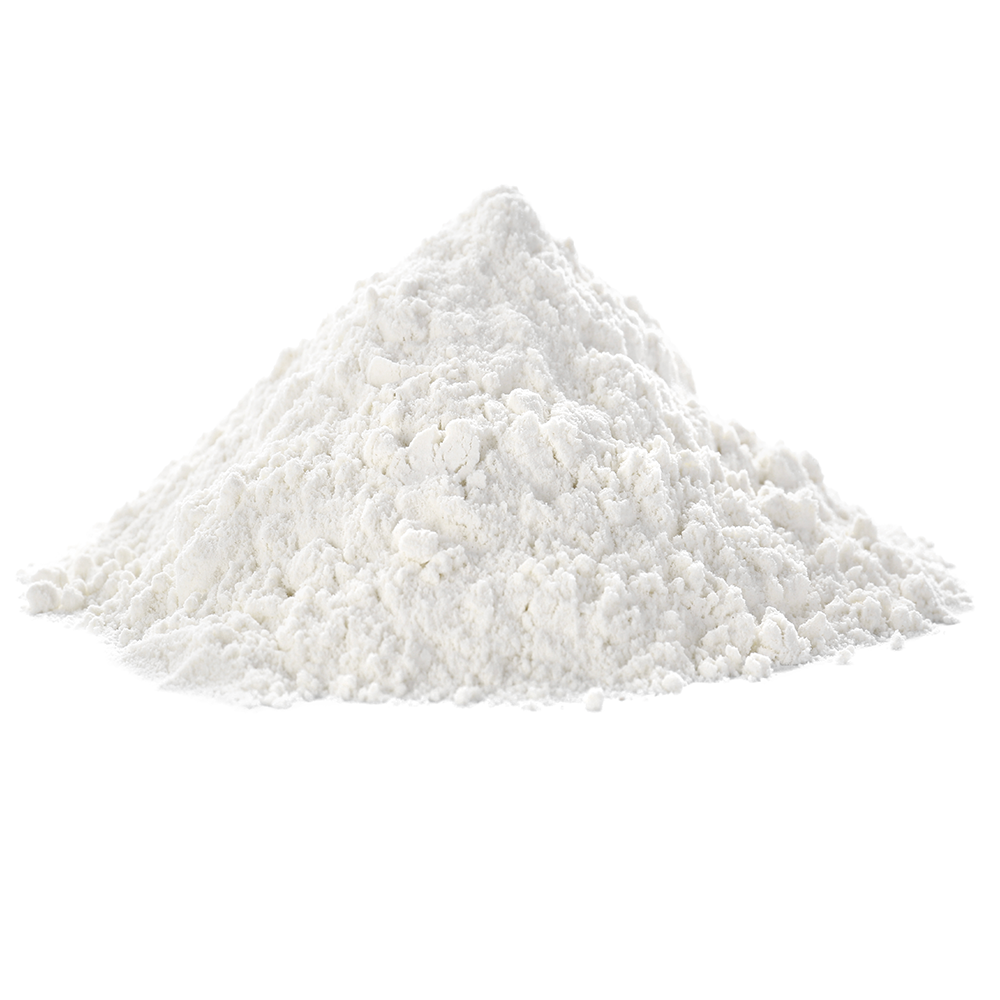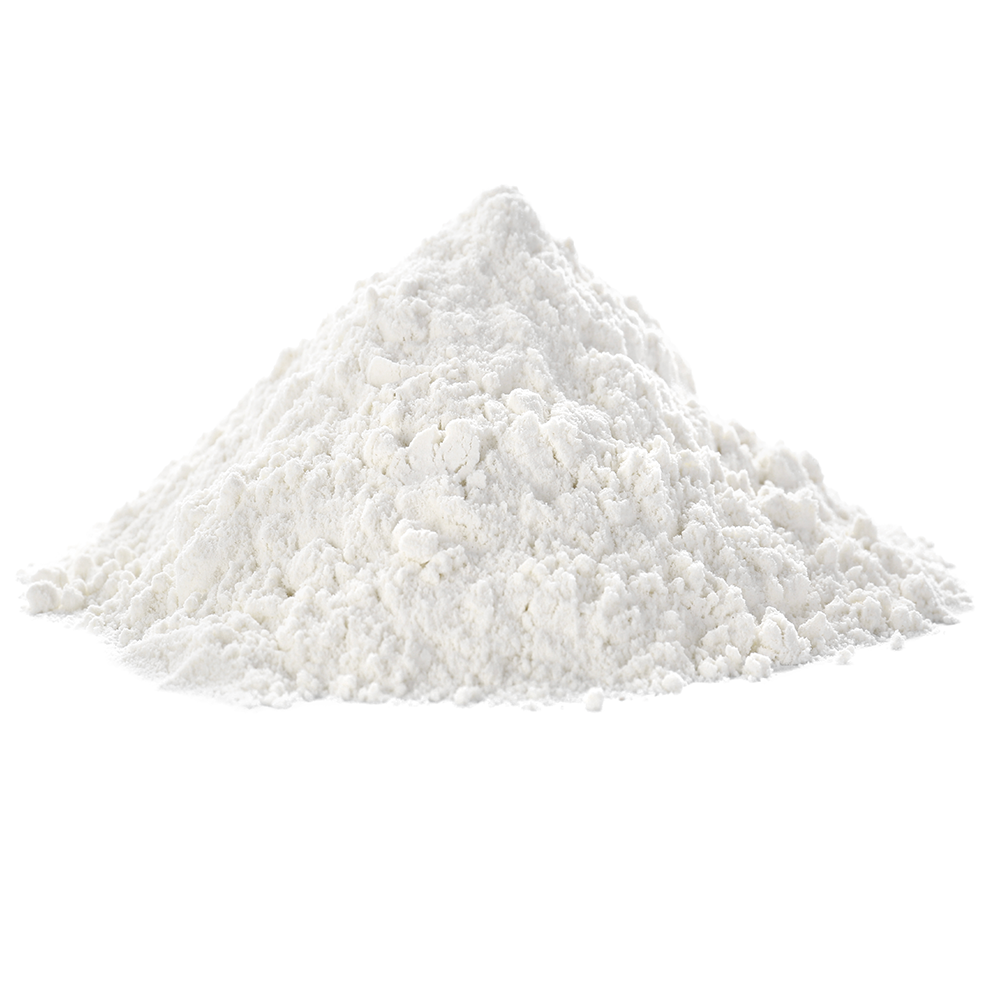How do I boost my immune system? Should I try to improve my immune system during COVID-19? Which supplements should I take to boost my immune system? What natural methods can I take to improve my immune system?
The world is a scary place right now. COVID-19 has claimed many lives and it all came down to how each immune system handled the virus. Many still do not know that they had the virus and never experienced any symptoms. Others were stuck on ventilators for days, in and out of the hospital, and quarantined while a loved one took care of them. When your body senses foreign substances, known as antigens, the immune system recognizes them and gets rid of them. However, if you have a weak immune system, your body cannot fight against these foreign invaders, and you fall ill. You may be asking yourself, how do I know if I have a weak immune system? If you have a weak immune system, you are likely to have:
- An autoimmune disorder
- Inflammation of your internal organs
- Blood disorders and/or abnormalities (i.e., anemia)
- Digestive issues (i.e., loss of appetite, abdominal cramping, diarrhea, etc.)
- Developmental delays in babies and children
But there are ways to improve your immune system! Some come with lifestyle changes, and those changes can be supported by supplementing certain vitamins into your diet to help boost your immunity to bacteria and viruses.
Lifestyle Changes
Issues with your immune system often stem from lifestyle decisions. Do you eat a lot of red meat? Do you smoke cigarettes? Do you exercise? Are you overweight? Here are the top things you can change about your lifestyle to naturally improve your immune system:
- If you smoke, stop!
- Enjoy a diet high in vegetables and fruits.
- Make sure you take a daily multivitamin.
- Get that heart pumping and exercise regularly.
- Drink alcohol in moderation.
- Make sure to get six to eight hours of sleep each night.
- Watch your stress levels.
- Wash your hands frequently.
- Cook meat thoroughly.
If you can make improvements to your everyday life, you are very likely to improve your immune system. Think about how many people say that they changed their lifestyle to be more healthy and active and mention that they rarely get sick anymore. It’s just science!
Supplement Vitamin C
Vitamin C, or ascorbic acid, is a water-soluble vitamin known for its role in supporting a healthy immune system. It is considered one of the most safe and effective nutrients to help cure common colds, protect against immune system deficiencies, eye disease, prenatal health problems, and more.
As an antioxidant, vitamin C fights free radicals in the body which may help prevent or delay certain cancers and heart disease, and promote healthy aging. With all of these health benefits, why not make vitamin C a consistent part of your diet? Vitamin C is a favorite among scientists to research based on the improvements they have seen in patients over the years. Your immune system strengthens by supplementing vitamin C, while maintaining a healthy and balanced diet.
Some of the most common ways to tell if your body is running low on vitamin C are rough, bumpy skin, bright red hair follicles, corkscrew-shaped body hair, dry damaged skin, wounds healing at a slow rate, painful and swollen joints, and spoon-shaped fingernails with red spots or lines.
Supplement Vitamin B6
Vitamin B6, or pyridoxine, is a water-soluble vitamin that your body needs to support many functions, including your immune system. B6 is significant to fat, carbohydrate, and protein metabolism, as well as the creation of red blood cells and neurotransmitters. The human body does not generate Vitamin B6 naturally, so you must consume it from foods and supplements. You can find vitamin B6 naturally in turkey, salmon, chickpeas, tuna, bananas, and potatoes. Consuming adequate quantities of B6 is important for optimal health. The top benefits from supplementing vitamin B6 that may occur are:
- Improvement in mood
- Reduction of symptoms of depression
- Promotion of brain health
- Reduction to risk of Alzheimer’s disease
- Prevention of clogged arteries
- Reduction to risk of heart disease
- Prevention and treatment of anemia
- Prevention of cancer
- Treatment of premenstrual syndrome (PMS) symptoms
- Treatment of nausea during pregnancy
- Promotion of eye health
- Prevention of eye disease
- Treatment of inflammation from Rheumatoid Arthritis
Some of the most common ways to tell if your body is low on vitamin B6 is through skin rashing, cracked and sore lips, sore glossy tongue, mood swings, tiredness, low energy, tingling and pain in feet, and in extreme cases, seizures.
Supplement Vitamin E
Before anything, vitamin E is an antioxidant that may help protect your cells from damage. Vitamin E is fat soluble, which means your body stores it and uses it when needed. Vitamin E is an essential nutrient that we find in many foods. Vitamin E can be found naturally in peanuts, hazelnuts, sunflower seeds, spinach, almonds, broccoli, mango, kiwi, wheat germ, kale, and tomatoes. Vitamin E is may: Improve the length of cellular life Break down molecules (free radicals), which are known to contribute to cancer and heart disease Reduce heart disease Help stabilize blood pressure Some of the most common ways to tell if your body is low on vitamin E is if you are having difficulty walking, or if your coordination is off, if you are experiencing muscle pain and/or weakness, you have a general appearance and feel of unwellness. At the end of the day, there are many options for boosting your immune system during this time. One thing to take into consideration is that your immune system will naturally improve while being exposed to daily germs, viruses, and bacteria – they are what build out immune systems. However, supplementing vitamins to improve your immune system can lead to healthier outcomes. Always follow frequency and quantity recommendations for each supplement you take and stay healthy!









